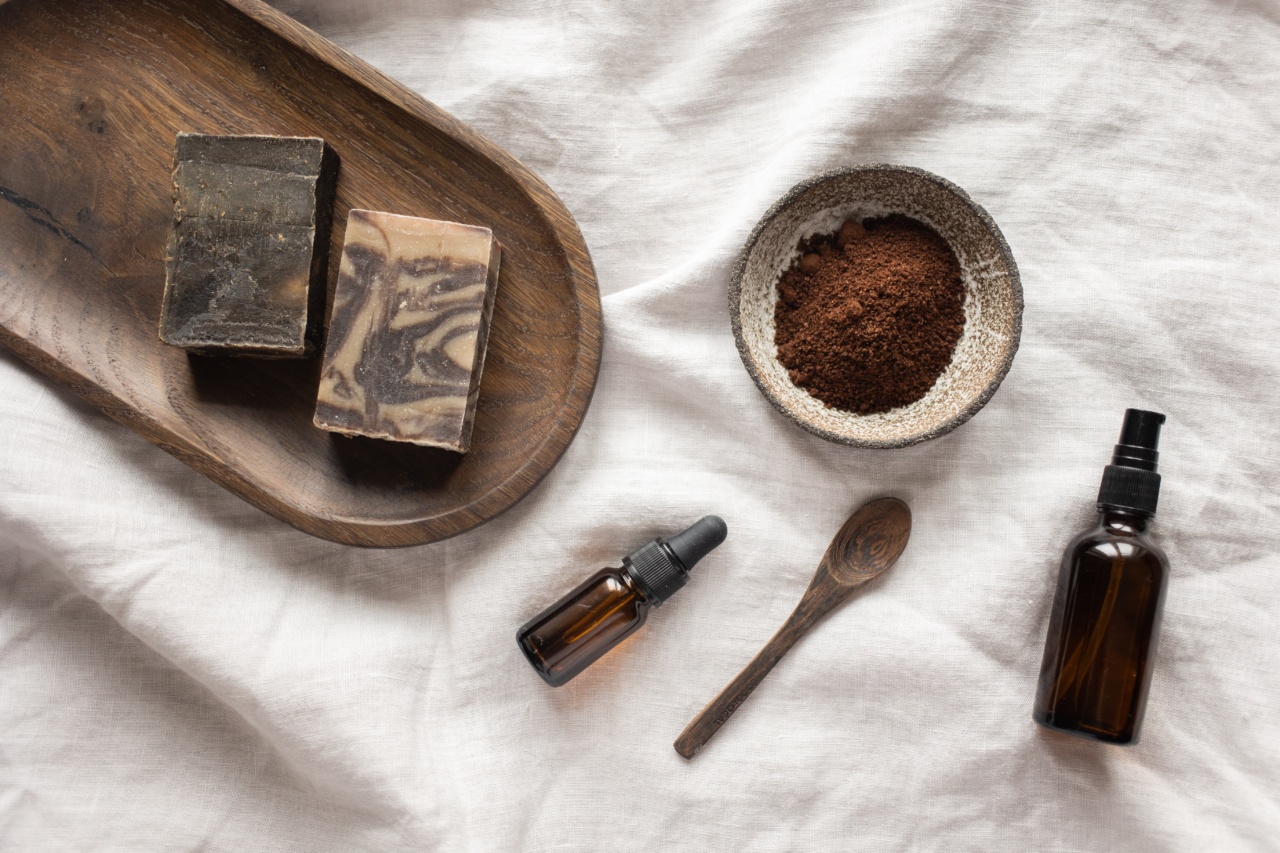Coffee lovers rejoice! Not only does your daily cup of joe give you the much-needed energy boost to start your day, but it can also provide you with a significant amount of vitamins and antioxidants.
Yes, that’s right – your morning pick-me-up can pack a nutritious punch!.
The Power of Vitamins in Coffee
Many people are unaware of the fact that coffee is a natural source of several essential vitamins. These vitamins play a vital role in maintaining overall health and well-being.
Vitamin B2 (Riboflavin)
Riboflavin is an important vitamin that helps in energy production and supports the normal functioning of the nervous system. A cup of coffee can supply about 11% of your daily recommended intake of Vitamin B2.
Vitamin B3 (Niacin)
Niacin is involved in numerous enzymatic reactions in the body and helps convert food into energy. By drinking coffee, you can get about 2% of your daily recommended intake of Vitamin B3.
Vitamin B5 (Pantothenic Acid)
Pantothenic acid plays a crucial role in metabolizing carbohydrates, proteins, and fats. Enjoying a cup of coffee can provide you with approximately 6% of your daily recommended intake of Vitamin B5.
Vitamin B1 (Thiamine)
Thiamine is an essential vitamin that helps convert carbohydrates into energy. Coffee contains a small amount of this vitamin, contributing to your daily intake.
The Antioxidant Powerhouse: Coffee
Beyond its vitamin content, coffee is also brimming with antioxidants. Antioxidants help protect our bodies from harmful free radicals, which can lead to oxidative stress and various diseases.
Chlorogenic Acid
One of the primary antioxidants found in coffee is chlorogenic acid. This potent antioxidant helps neutralize free radicals and has been associated with numerous health benefits, including improved heart health and a reduced risk of chronic diseases.
Polyphenols
Coffee is also packed with polyphenols, a group of antioxidants known for their powerful anti-inflammatory properties. These compounds have been linked to a decreased risk of certain cancers, cardiovascular diseases, and neurodegenerative disorders.
Boosting Your Daily Antioxidant Intake
While coffee can be a fantastic source of vitamins and antioxidants, it’s important to note that the brewing method and the quality of coffee beans can influence these levels.
To maximize the nutrient content of your cup of joe, here are a few tips:.
Choose High-Quality Beans
Opt for specialty coffee beans that have been processed with care. These beans often have a higher nutrient content compared to mass-produced alternatives. Look for single-origin beans or those labeled as organic.
Consider Light Roasts
Light roasts generally retain more antioxidants compared to dark roasts. The longer coffee beans are roasted, the more the antioxidant potency diminishes. So, if you want to increase your antioxidant intake, go for lightly roasted coffee.
Brewing Methods Matter
The brewing method can significantly impact the antioxidant levels in your coffee. Studies have shown that hot brewing methods, such as espresso or drip brewing, yield higher antioxidant concentrations compared to cold brews.
However, cold brew coffee can still provide a substantial amount of antioxidants.
Add a Dash of Cinnamon
Enhance the antioxidant power of your coffee by adding a sprinkle of cinnamon. Cinnamon is rich in antioxidants and can complement the existing antioxidants in your cup of joe, further boosting the health benefits.
Cautions and Considerations
While coffee can be a healthy addition to your diet, it’s important to be mindful of your overall caffeine consumption.
If you have any existing health conditions, such as high blood pressure or anxiety disorders, consult with your healthcare provider to determine an appropriate daily limit.
Additionally, coffee may interact with certain medications, so it’s essential to review any potential interactions with your doctor or pharmacist.
Moderation is key when it comes to coffee consumption, so aim for a few cups a day rather than excessive intake.
Enjoy Your Coffee, Boost Your Health
Next time you reach for your favorite mug of steaming coffee, savor the fact that not only are you satisfying your taste buds and getting an energy boost, but you’re also treating your body to a dose of vitamins and antioxidants.
Remember to select high-quality beans, choose your brewing method carefully, and most importantly, enjoy each sip guilt-free while reaping the health benefits!.





























